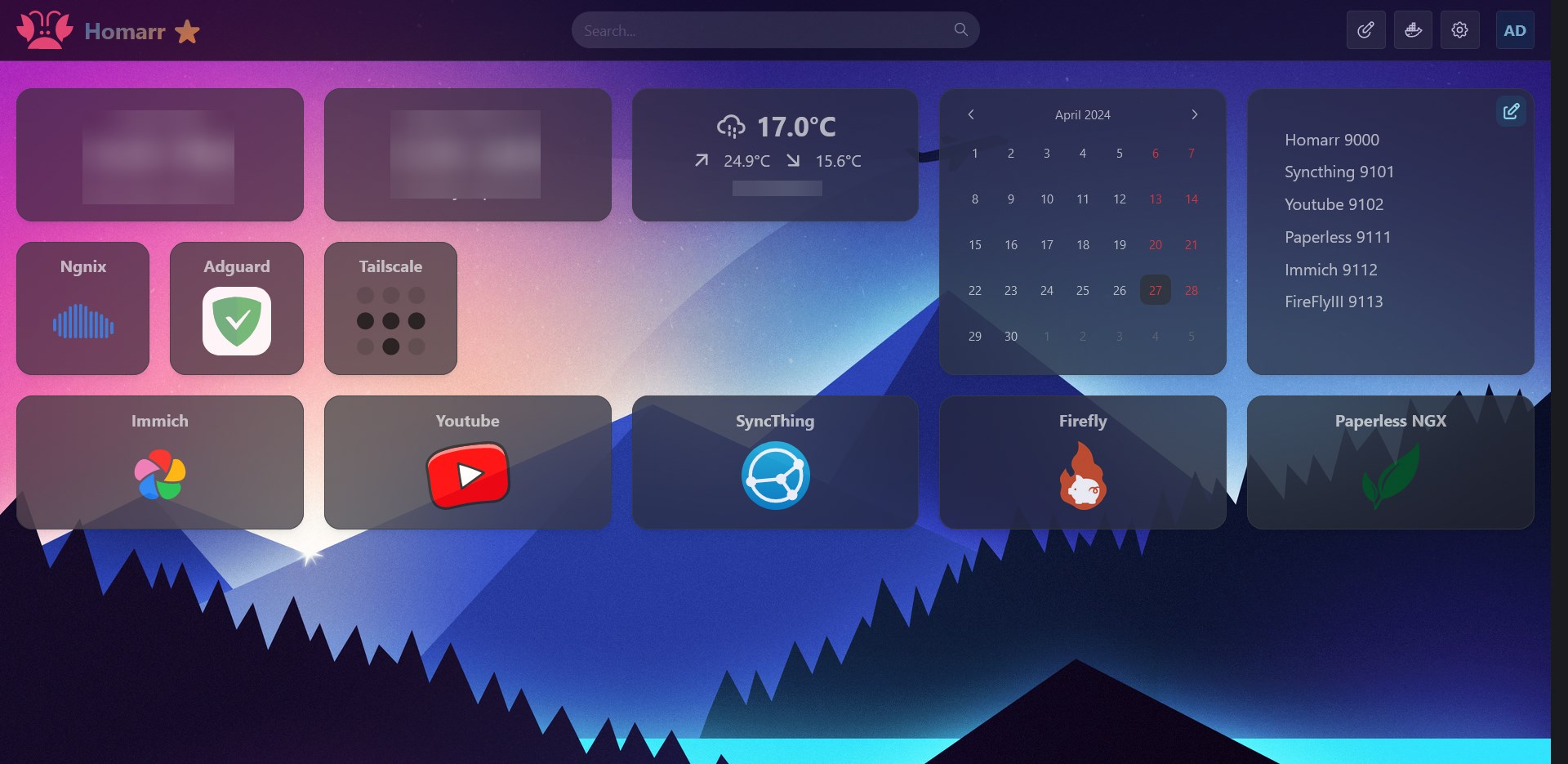Selfhosted
A place to share alternatives to popular online services that can be self-hosted without giving up privacy or locking you into a service you don't control.
Rules:
-
Be civil: we're here to support and learn from one another. Insults won't be tolerated. Flame wars are frowned upon.
-
No spam posting.
-
Posts have to be centered around self-hosting. There are other communities for discussing hardware or home computing. If it's not obvious why your post topic revolves around selfhosting, please include details to make it clear.
-
Don't duplicate the full text of your blog or github here. Just post the link for folks to click.
-
Submission headline should match the article title (don’t cherry-pick information from the title to fit your agenda).
-
No trolling.
Resources:
- selfh.st Newsletter and index of selfhosted software and apps
- awesome-selfhosted software
- awesome-sysadmin resources
- Self-Hosted Podcast from Jupiter Broadcasting
Any issues on the community? Report it using the report flag.
Questions? DM the mods!
view the rest of the comments

Congrats on getting everything working - it looks great!
One piece of (unprovoked, potentially unwanted) advice is to setup SSL. I know you're running your services behind Wireguard so there isn't too much of a security concern running your services on HTTP. However, as the number of your services or users (family, friends, etc.) increases, you're more likely to run into issues with services not running on HTTPS.
The creation and renewal of SSL certificates can be done for free (assuming you have a domain name already) and automatically with certain reverse proxy services like NGINXProxyManager or Traefik, which can both be run in Docker. If you set everything up with a wildcard certificate via DNS challenge, you can still keep the services you run hidden from people scanning DNS records on your domain (ie people won't know that an SSL certificate was issued for immich.your.domain). How you set up the DNS challenge will vary by the DNS provider and reverse proxy service, but the only additional thing that you will likely need to set up a wildcard challenge, regardless of which services you use, is an email address (again, assuming you have a domain name).
Is it possible to issue and update certificates for LAN services? About wildcard certificates, is it possible with Let's Encrypt? Thanks!
Everything I mentioned works for LAN services as long as you have a domain name. You shouldn't even need to point the domain name to any IP addresses to get it working. As long as you use a domain registrar that respects your privacy appropriately, you should be able to set things up with a good amount of privacy.
Yes, you can do wildcard certificates through Let's Encrypt. If you use one of the reverse proxies I mentioned, the reverse proxy will create the wildcard certificates and maintain them for you. However, you will likely need to use a DNS challenge. Doing so isn't necessarily difficult. You will likely need to generate an API key or something similar at the domain registrar or DNS service you're using. The process will likely vary depending on what DNS service/company you are using.
I'm using Cloud flare, I'll look into it, thanks!